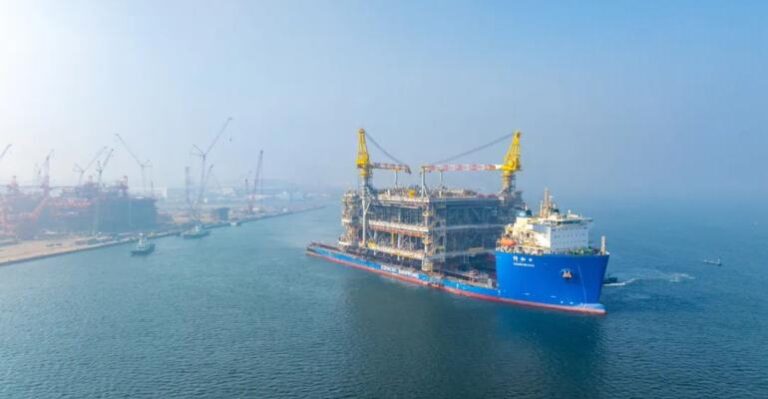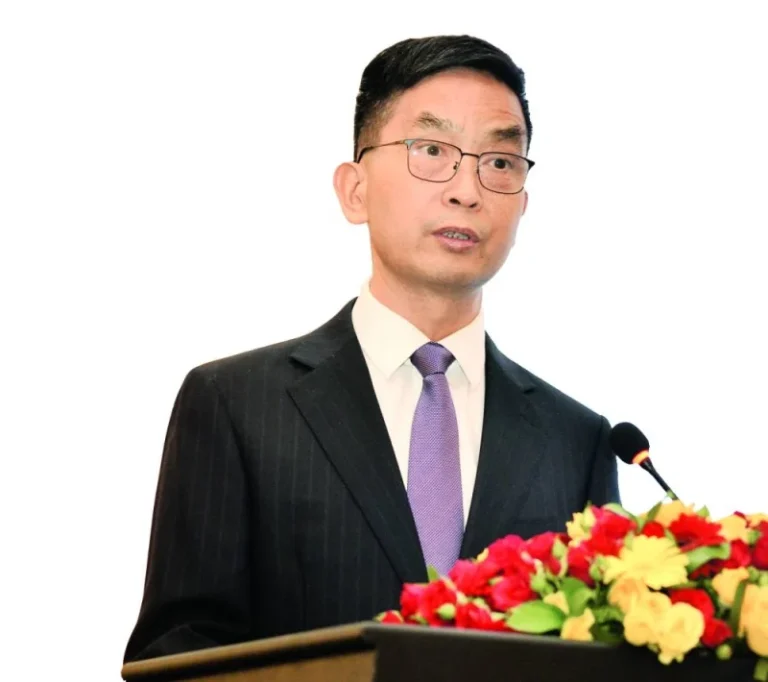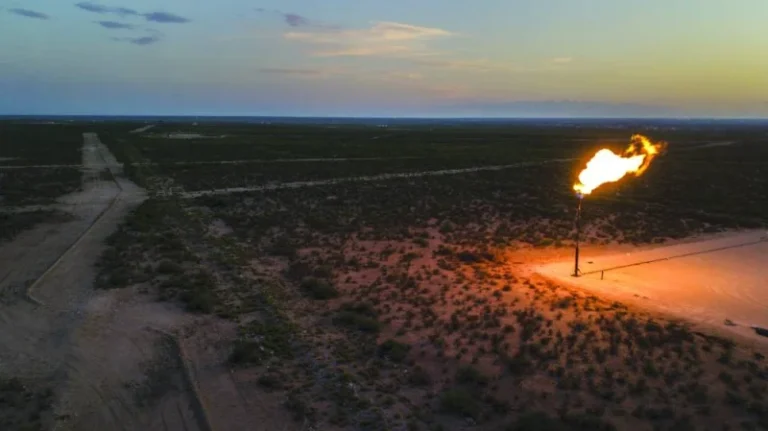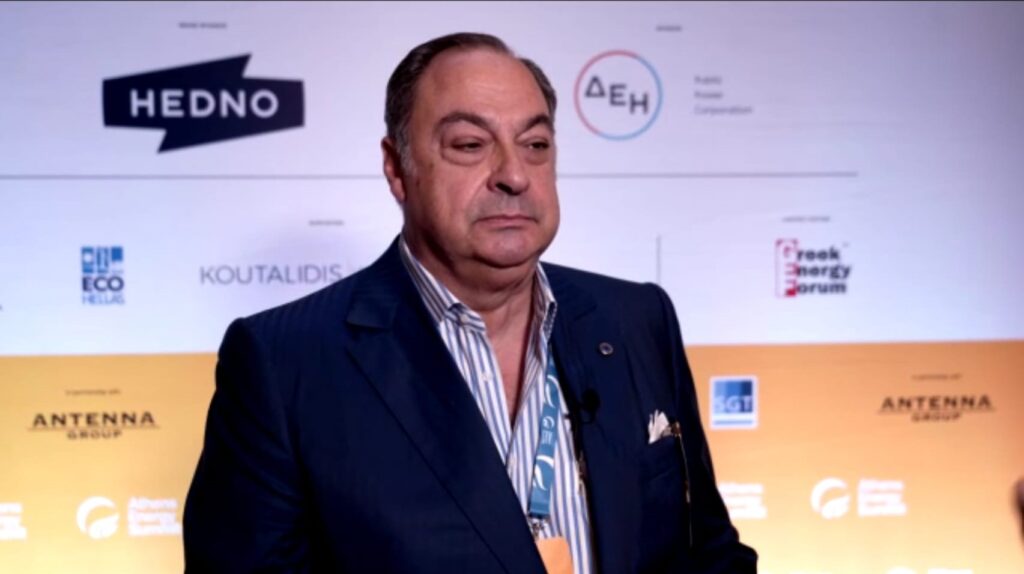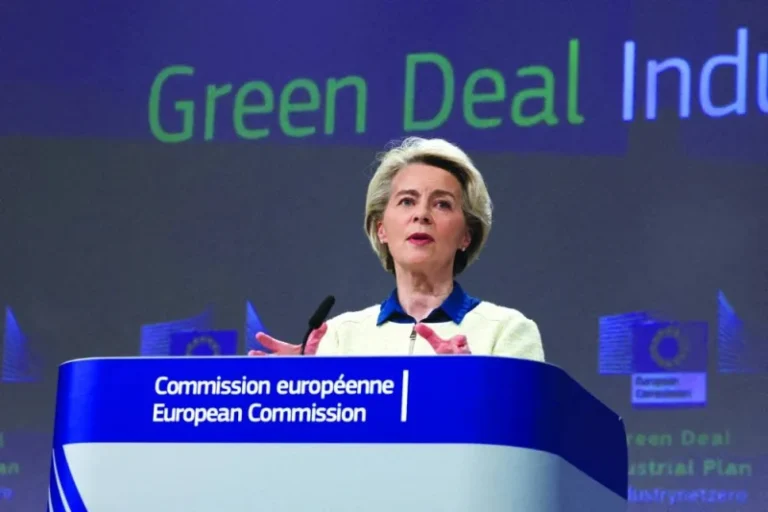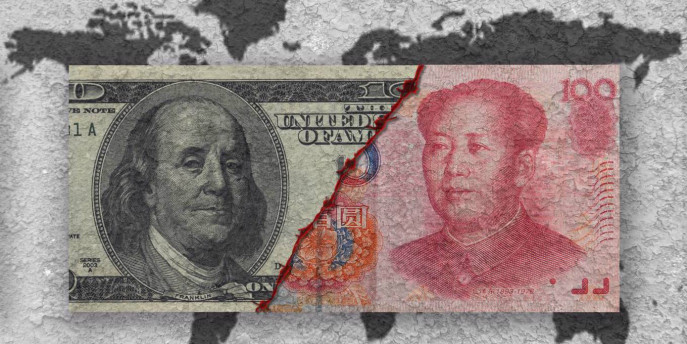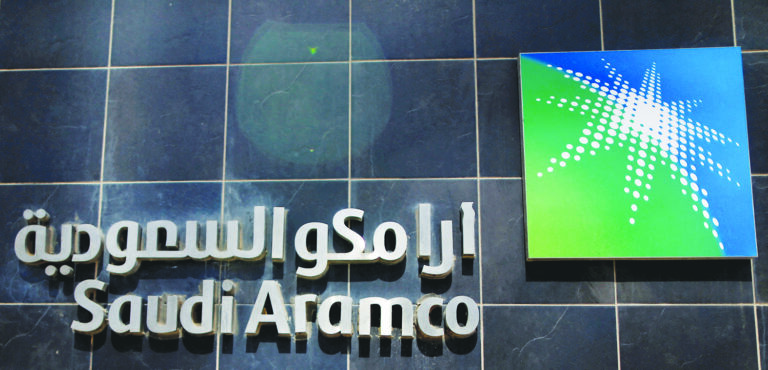Now that the United States has introduced a new set of import tariffs on Chinese goods, the world’s two largest economies appear to be on the brink of open economic warfare – and developing countries are in danger of getting caught in the crossfire. Beyond the risk that they could face sanctions or other trade restrictions if one superpower perceives them to be helping the other, Sino-American trade tensions are eroding the value of many of these economies’ comparative advantages, such as cheap labour and land. Coping with these challenges will require skillful economic statecraft.
Comparative and competitive advantages are dynamic by nature; they can be acquired or lost over time. As Harvard’s Michael Porter put it in 1990, “National prosperity is created, not inherited. It does not grow out of a country’s natural endowments, its labour pool, its interest rates, or its currency’s value, as classical economics insists.” Rather, an economy’s competitiveness “depends on the capacity of its industry to innovate and upgrade.”
As a growing number of governments pursue industrial policies – from short-term protective measures, like tariffs, to more forward-looking initiatives, such as targeted subsidies and deep structural reforms – the capacity to innovate and upgrade depends significantly on the state’s ability to work with the market to boost competitiveness. This poses a challenge for advanced economies no less than it does for developing countries.
Consider Europe, which was forced to rethink its prevailing business model – selling high-quality engineering products – after Russia’s full-scale invasion of Ukraine in 2022. As supply chains were disrupted, and energy costs and inflation soared, Europe’s reliance on others for critical goods, including inputs for its own manufacturing, became an enormous economic liability. Add to that China’s growing dominance in electric vehicles, and Europe finds itself increasingly anxious about its future competitiveness.
To be sure, many European economies remain highly competitive: Europe dominates the top 20 of the International Institute for Management Development’s 2023 World Competitiveness Rankings, with Denmark, Ireland, and Switzerland leading the pack. But Europe’s larger economies have been sliding in the rankings. Germany dropped seven spots between 2022 and 2023, to 22nd place, and France fell five spots, to 33rd.
One problem, pointed out in a report from the McKinsey Global Institute, is that while Europe leads in sustainability and inclusivity, per capita GDP (at purchasing power parity) is lagging. In 2022, it was 27% lower than in the United States, with about half that difference attributable to cultural norms – Europeans work fewer hours per capita over their lifetimes – and the other half resulting from differences in productivity levels. Boosting productivity is now a central concern of European policymakers and will have to be addressed partly through the development of high-tech industries.
This approach has certainly worked for the US, which spends 3.5% of its GDP on research and development – a smaller share than South Korea (4.9%) and Israel (5.6%), but significantly larger than China (2.4%) and the European Union (2.2%). All of these economies are devoting considerable attention to dual-use R&D in strategic areas like artificial intelligence, green tech, and quantum computing. What stands out about the US is that, while the government is providing funding and incentives, not least through the 2022 Inflation Reduction Act, it is the private sector that is driving plans to invest $400-500 billion in R&D over the next decade.
As a report by the Boston Consulting Group notes, R&D is part of a “virtuous cycle of innovation” that sustains America’s technological leadership. For example, the US claims 46% of the global market for semiconductor design. Thanks to its advanced technologies, the US semiconductor industry has a gross profit margin of 59%, which is 11 percentage points higher than competitors. In 2020, US semiconductor revenues reached $208 billion – twice the revenues of the second-leading country.
But not just anyone can emulate America’s high-tech success, which is partly a function of its large and dynamic capital market. In 2022, the total market capitalization of the US stock market was 2.5 times higher than that of Europe. As a share of GDP, total market value in the US exceeded 158% in 2022, lower than Taiwan (195% of GDP), but higher than every other economy, including China (65.4%), Japan (126%), Germany (45.5%), and India (103.7%).
With its deep capital markets, the US is well-positioned to generate funding for high-risk R&D and, more importantly, reward and retain talent. Other economies – including China, the EU, Japan, and most developing countries – cannot compete on this front, not least because their banking systems remain far more risk-averse.
Recognizing America’s comparative advantages in high-tech sectors, China focused on building prowess in mid-tech areas of engineering and operational production and distribution, which opened the way to comprehensive competition at scale. Since 2014, China has led the world in exports of high-technology goods, accounting for more than 30% of the global market share. Since 2000, it has tripled its share of gross value added.
For developing countries, this means that it will be very difficult to compete in mid-tech industries, not just the high-tech sectors that the advanced economies (and, increasingly, China) dominate. Add to that their limited capacity to finance investment and their dependence on access to global or regional markets to achieve economies of scale, and economic statecraft becomes all the more challenging.
Some priorities are clear. To achieve technological upgrading, countries must invest as much as possible in digital infrastructure and education, as well as projects related to the United Nations Sustainable Development Goals. To cope with rising protectionism among major economies, they will most likely also increase support for domestic “champions,” even if it means perpetuating market fragmentation.
Overall, however, we will probably see a lot more experimentation in development strategies in the coming years. Developing countries will just have to hope that the US and China come to some sort of grand bargain before their competition escalates into conflict.
Andrew Sheng is a distinguished fellow at the Asia Global Institute at the University of Hong Kong.
Xiao Geng, Chairman of the Hong Kong Institution for International Finance, is a professor and Director of the Institute of Policy and Practice at the Shenzhen Finance Institute at The Chinese University of Hong Kong, Shenzhen.
